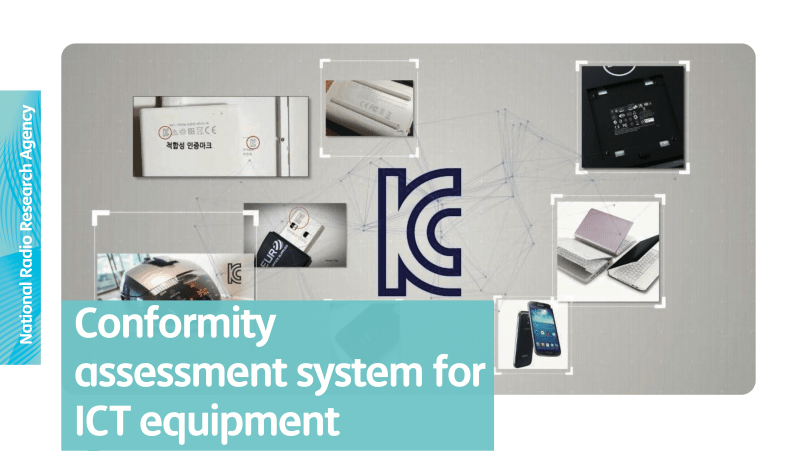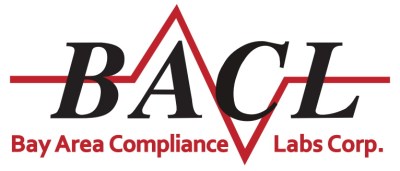1700 Regulatory Approvals Revoked in South Korea

For the first time since its inception, the Korea Communications Commission this week revoked the regulatory approvals of 1,696 telecommunications devices from 378 companies, both foreign and domestic. Those companies must recall unsold inventory from the shelves, and prove conformity of existing products already sold. In addition, the companies may not submit new applications for these items for one year. It’s not clear what would happen to already-sold equipment if the manufacturer is unable to prove conformity as requested — perhaps a recall? Caught up in this are CCTV products, networking equipment, Bluetooth speakers, and drones from companies like Huawei, DJI, and even Samsung.
The heart of the issue are what’s known as Mutual Recognition Agreements (MRAs) between countries to officially recognize of each other’s certification testing laboratories (or Conformity Assessment Bodies, CAB, in the lingo of the industry). Currently ten countries (USA, Canada, Mexico, UK, Israel, Japan, Korea, Singapore, Vietnam, and Australia), the 27 member states of the EU, Taiwan and Hong Kong all have MRAs with each other. Based on these MRAs, a Korean manufacturer could have a product tested by a laboratory in Israel, for example, and all would be kosher with the KCC.
 At the center of attention is the Bay Area Compliance Laboratories (BACL), established in 1996 and headquartered in Sunnyvale, California. BACL has laboratories all over the world (USA, Taiwan, Hong Kong, Vietnam, and mainland China). Except for those in mainland China, all BACL laboratories are acceptable per the MRAs. The KCC received a tip last year that some compliance test reports for some products might be defective.
At the center of attention is the Bay Area Compliance Laboratories (BACL), established in 1996 and headquartered in Sunnyvale, California. BACL has laboratories all over the world (USA, Taiwan, Hong Kong, Vietnam, and mainland China). Except for those in mainland China, all BACL laboratories are acceptable per the MRAs. The KCC received a tip last year that some compliance test reports for some products might be defective.
A six-month investigation in cooperation with the US National Institute of Standards and Technology (NIST) resulted in the announcement this week. Korean companies, 378 of them to be exact, had submitted test reports from BACL Sunnyvale which appeared to be appropriate. But on further investigation, it was learned that the actual testing was done by BACL laboratories in mainland China and only the reports were prepared in Sunnyvale.
It’s not clear whether these companies were knowingly playing fast and loose with the rules, whether BACL was complicit, if it was just a misunderstanding of the intricacies of the regulations and MRAs, or a combination of all three. Regardless, the KCC said that intent doesn’t matter according the their rules. It also has not been suggested that the products themselves are problematic, nor has anyone suggested that BACL’s Chinese laboratories performed slipshod work — rather, the KCC says it has no choice but to proceed with the revocation based on the applicable laws.
Post a Comment